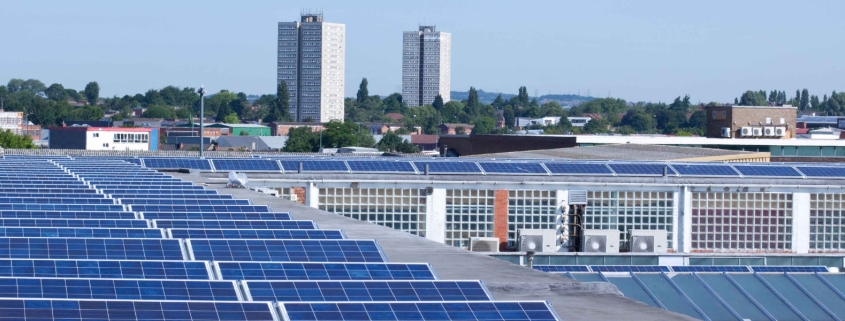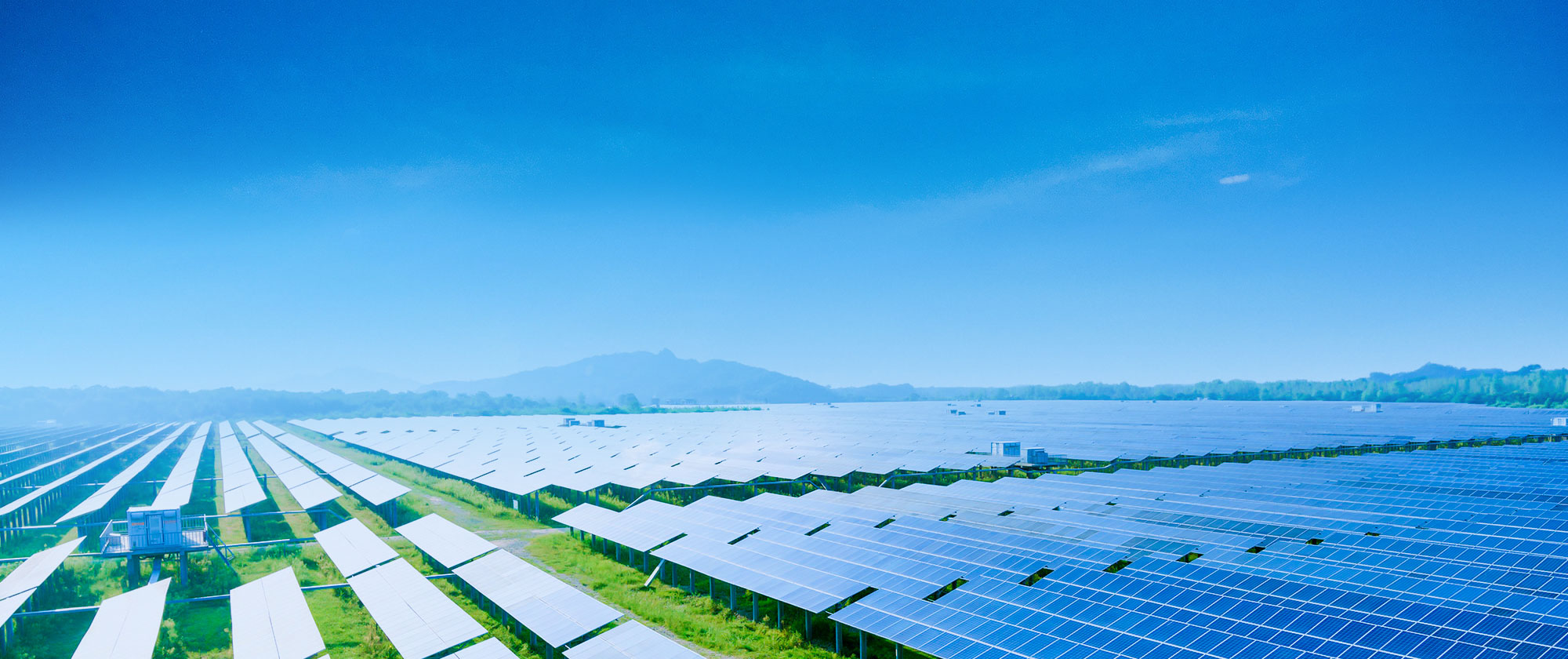Why Solar Power Is the Future of Sustainable Energy
In recent years, the world has witnessed a significant shift towards sustainable and renewable energy sources, and among them, solar power stands out as one of the most promising and viable options. As the global demand for energy rises and concerns over environmental impact intensify, solar power solutions have emerged as the key to addressing these challenges. Solar energy harnesses the power of the sun, a renewable and virtually inexhaustible resource, to provide clean, efficient, and affordable electricity. With the rapid advancements in technology and a growing emphasis on sustainability, solar power is poised to play a pivotal role in shaping the future of energy production.
Environmental Benefits of Solar Power
The primary reason solar power is considered the future of energy is its environmental benefits. Traditional sources of energy, such as coal, oil, and natural gas, are responsible for harmful emissions that contribute to climate change, air pollution, and environmental degradation. Solar power, on the other hand, produces no greenhouse gases or pollutants during operation. By shifting to solar power solutions, we can significantly reduce our carbon footprint and mitigate the harmful effects of fossil fuel consumption.
Moreover, solar energy is abundant and available in nearly every part of the world. With the sun shining every day, solar power systems can harness this energy, even in areas with less sunlight. This makes solar energy a reliable and sustainable solution for reducing our reliance on finite fossil fuels while providing a cleaner, greener alternative.
Economic Advantages of Solar Power Solutions
In addition to environmental benefits, solar power provides significant economic advantages. Solar panel installation has become more affordable and accessible in recent years due to improvements in technology and increased competition in the market. The cost of solar panels has dropped dramatically, making it a viable option for homeowners and businesses alike. With financial incentives such as tax credits, subsidies, and government incentives, the initial investment in solar panels has become more attractive than ever.
Once installed, solar panels generate electricity at little to no cost, drastically reducing energy bills over time. Homeowners and businesses can rely on solar power solutions to meet their energy needs, allowing them to become less dependent on utility companies and enjoy long-term savings. Furthermore, solar energy is inflation-proof; the cost of electricity from the grid tends to rise over time, but solar energy remains stable and predictable.
Energy Independence and Security
One of the key benefits of solar power is the energy independence it offers. Traditional energy sources often rely on imports, creating vulnerabilities in energy supply and price fluctuations. By adopting solar panel installations, both individuals and businesses can generate their own electricity, reducing their reliance on external energy sources and enhancing energy security.
For countries with abundant sunlight, solar power offers a chance to become self-sufficient and reduce dependence on foreign oil and gas. This shift toward localized energy production can contribute to national security by decreasing the geopolitical risks associated with energy imports.
Technological Advancements in Solar Power
Solar power technology has made remarkable strides in recent years, making it more efficient, affordable, and scalable. Solar panel installation is now quicker and more streamlined, and systems are designed to maximize energy capture even in low-light conditions. Energy storage solutions, such as solar batteries, have also seen significant improvements, enabling homeowners and businesses to store excess energy for use during nighttime or cloudy periods.
Moreover, solar energy systems can be integrated with smart grids and energy management technologies, allowing for more efficient energy distribution and consumption. The combination of solar power with innovations like smart homes, electric vehicles, and renewable energy storage makes solar energy even more appealing as part of a larger, interconnected sustainable energy ecosystem.
Conclusion
As the world continues to grapple with the challenges of climate change, resource depletion, and rising energy costs, solar power solutions offer a sustainable, clean, and economically viable alternative to traditional energy sources. With the advantages of environmental sustainability, economic savings, energy independence, and technological innovation, solar power is set to become the cornerstone of the future of energy production.
Whether through solar panel installation at homes, businesses, or large-scale industrial applications, solar power is helping to pave the way for a more sustainable and secure energy future. By embracing solar energy today, we are investing in a cleaner, greener world for tomorrow.



